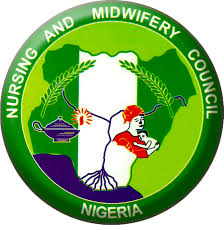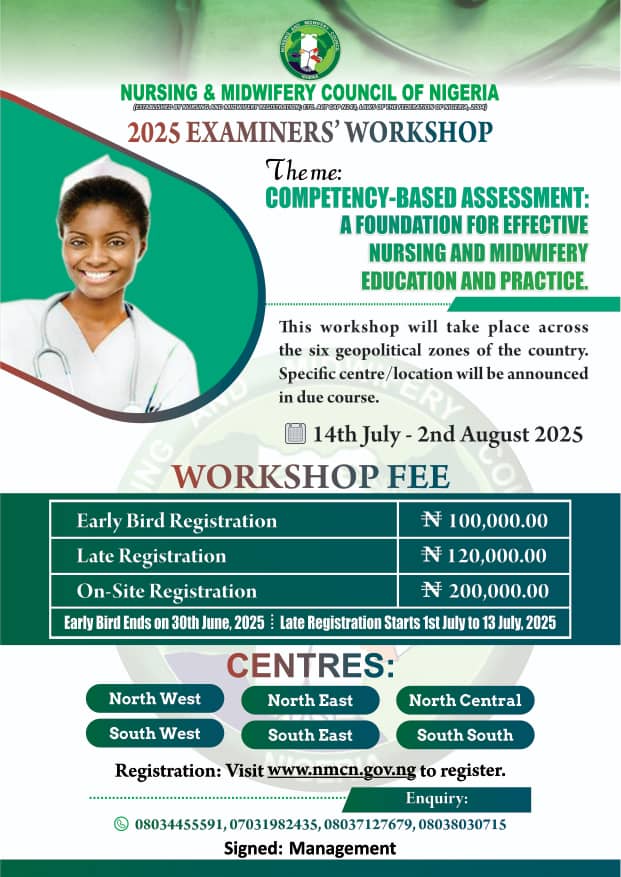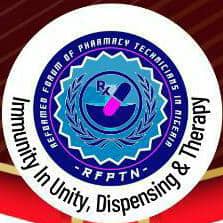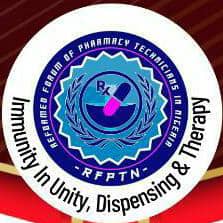COMMUNIQUE ISSUED AT THE END OF THE 60TH MEETING OF THE COMMITTEE OF PROVOSTS AND DEANS OF POSTGRADUATE COLLEGES AND SCHOOLS (CPDPGCS) IN NIGERIAN UNIVERSITIES HELD AT LADOKE AKINTOLA UNIVERSITY OF TECHNOLOGY (LAUTECH), OGBOMOSO, 0Y0 STATE, NIGERIA FROM WEDNESDAY, 3RD TO FRIDAY, 5TH NOVEMBER, 2021.
Preamble
The Committee of Provosts and Deans of Postgraduate Colleges and Schools (CPDPGCS) in Nigerian Universities held its 6er meeting at Ladoke Akintola University of Technology (LAUTECH), Ogbomoso, Oyo State with the theme, °Nigerian Postgraduate Education and the Challenges of Sustainable Development" from Wednesday, 3rd to Friday, 5th November, 2021. As a prelude to this meeting, the maiden edition of training workshop for Deputy Provosts/Deans of Postgraduate Colleges and Schools in Nigerian universities held from Sunday 31st October to Tuesday 2nd November 2021.
The Acting Vice-Chancellor of LAUTECH, Prof. M.O. Liasu, declared the 60' CPDPGCS meeting open, followed by a welcome address by the Chairman of the Committee, Prof. Jonathan 0. Babalola. In his welcome address, the Chairman restated the vision of CPDPGCS and noted the importance of its meetings to the development of postgraduate education in the Nigerian university system, emphasizing the importance of research to national development. He went further to suggest that Postgraduate Colleges and Schools should be given semi-autonomy in their operations for more efficient service-delivery.
The keynote address titled Sustainable Development Goals and the Nigerian University Education and Research System was delivered by Prof. Olufemi Bamiro, emeritus professor of mechanical engineering and former Vice-Chancellor, University of Ibadan. The keynote address posited that postgraduate training should aim at addressing extant and emerging developmental challenges, using the global sustainable development goals (SDGs) as guide. In doing so, the triple helix structure of academia-government-industry should be considered as key. For Nigeria, it is important to set targets as contemplated by postgraduate research and training. Since the raison d’etre of universities is EDUCATION, their aim should be to produce people who think and are creative towards solving society's problems; and that research funding should progress to INNOVATION funding, for research development to move from the 'valley of death' to the market. He strongly advocated multidisciplinary and interdisciplinary research models for development to be achieved.
The keynote address was followed by group discussions on:
(i) Postgraduate education and the challenges of sustainable development;
(ii) Enhancing critical thinking, creativity and communication skills among postgraduate students, and
(iii) Quality assurance mechanism used to curb research outsourcing and plagiarism in postgraduate colleges/schools.
On day two discussions on issues with postgraduate education in Nigerian universities took centre stage. Of particular importance were the issues of admission requirements and the equivalence or otherwise of professional fellowships (in the medical profession) with the doctoral degree.
A. Observations
(i) There is need to develop initiatives from SDGs.
(ii) The Universities should form a relationship with the industries and government for national development
(iii) Scientific and technical proficiency amongst professionals are needed to identify opportunities arising from innovation and scientific discoveries in areas such as science, trade and resource management.
(iv) Postgraduate research are tailored and based on contribution to knowledge to fulfill the requirement for obtaining a degree rather than solving societal goals, particularly sustainable development goals.
(v) Critical thinking, creativity and communication skills among postgraduate students are lacking.
(vi) There are challenges in the Quality assurance mechanisms used in curbing research fraud such as plagiarism test in postgraduate colleges/schools (vii) Majority of universities still demand fulfilment of basic 0' Level requirements for postgraduate admission. (viii) Professional Medical Fellowship is not a substitute for Ph.D. (ix) The degree of MD (US type or others obtained in less than 3 years of postgraduate studies from the date of first registration) is still not equivalent to a Ph.D degree.
Recommendations
(i) There is need to improve postgraduate research by inculcating the core vision of SDGs in research proposals/activities to solve societal problems.
(ii) To achieve research goals, the triple helix (TH) model should be inculcated and adopted by collaborative efforts of the government, industry and academia to provide the enabling environments and funds for postgraduate research and development.
(iii) In order to improve the challenges posed by ineffective research output, scientific and technical proficiency amongst professionals should be intensified by identifying opportunities arising from innovation and scientific discoveries in such areas as science, trade and resource management and put them into practice.
(iv) The NUC and TETFund are key players, in academic research both in terms of regulations and funding, hence these agencies are encouraged to help strengthen the enabling environment for postgraduate training and research.
(v) TETFund should institute an INNOVATION FUND in addition to the various research grants that are available. This innovation fund should be available to take research through the development to application/ commercialization stage to complete the R-D-A trajectory.
(vi) The Postgraduate curriculum should be restructured and tailored towards promoting critical and innovative thinking rather than being a mere tool for degree acquisition. This will engender training of researchers who are competent to solve societal needs, as envisaged by the global SDGs.
(vii) Furthermore, universities should adopt problem-solving instruction models in postgraduate training where students are encouraged to analyse information and form their own opinions and perspectives.
(viii) To encourage creativity, postgraduate students should be allowed to determine their own research topics as opposed to supervisors framing topics for them.
(ix) Dissertations and theses should go beyond contribution to knowledge to indicating its relevance and applications within the SDGs.
(x) Universities should ensure that postgraduate research reports (theses) are uploaded online to curb the incidences of plagiarism.
(xi) For the assurance of the quality of postgraduate research, every university should incorporate a quality assurance operational manual into the general postgraduate manual.
(xii) Universities are encouraged to embrace the co-supervision or committee system of supervision to strengthen postgraduate supervision for effectiveness.
(xiii) Universities should adhere strictly to NUC recommended carrying capacity for student supervision.
(xiv) The professional fellowships are professional qualifications and not academic degrees. Therefore, medical doctors in academics are strongly encouraged to take a Ph.D degree for their academic career progression.
(xv) No university should equate a professional fellowship with a Ph.D.
(xvi) The Federal Ministry of Education should publish the list of approved universities in Africa to assist universities in admission processes.
C. Appreciation
CPDPCS appreciates the support of the Executive Secretary, National Universities Commission; the Tertiary Education Trust Fund, the National Open University of Nigeria, the Committee of Vice-Chancellors, the management of Ladoke Akintola University of Technology, Ogbomoso and the local organizing committee members, and its secretariat staff for a successful 60th meeting.
Members of the Communique Drafting Committee
1. Prof. Rufus Sha’Ato – Chairman
Dean, Postgraduate School, Joseph Sarwuan Tarka University, Makurdi, Benue State
2. Prof. Moji Taibat Bakare-Odunola – Member
Dean, Postgraduate School University of Ilorin, Ilorin Kwara State
3. Dr. Charles E. Ochem – Member/Secretary
Acting Dean, School of Postgraduate Studies and Research Igbinedion University, Okada Edo State.





